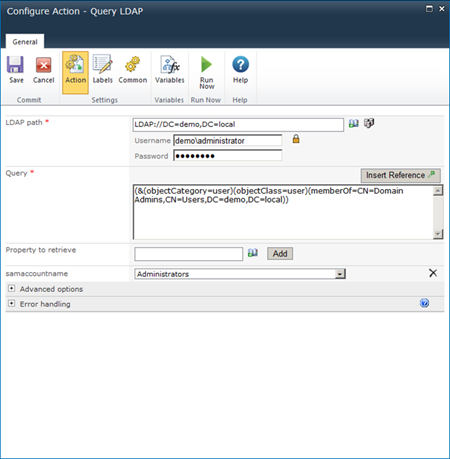New Authoring Process
With my commitment to revive this blog with new content I have also switched to a new authoring and publishing process.
Previously I wrote all my blog posts directly in Blogger’s HTMl editor. At the beginning of my blog it was the most sensible thing for me to do. Blogger provided me with an interface to directly write my articles into the publishing engine. And it was a good choice. But over time I began to regularly fiddle with the HTML which was generated while typing into Blogger’s editor. And I did not focus on the area which is most important: content.
Besides my blog I have been looking for an editor solution which provides me a simple and universal user experience from my Windows laptop which I have for work and on my private iMac. Early on I found Markdown a very interesting solution. You are basically typing plain text into an editor with formatting commands. And the available commands are quite comprehensive for a blog post. This is then rendered into formatted output, e.g. HTML. Fundamentally, you can use just a simple text editor like Notepad or Notepad++ on Windows, or TextEdit or TextWrangler on OS X.
But in my case I would still need a Markdown processor which renders the final HTML, because Blogger does not directly support Markdown. The text files can be synced for example with a cloud storage solution like Dropbox or Google Drive between my computers.
But until recently there were two major flaws:
Then I discovered a very nice Chrome app with the name +StackEdit. The Chrome app appears to be a link which redirects you to stackedit.io. And since it is just web application I am able to use it from basically any browser.

Although the data can be stored inside the browser, I decided to use the Google Drive integration, so my posts can be easily shared between multiple computers. And now comes the killer argument: I can directly publish from StackEdit to Blogger — no manual fiddling required. Exactly what I wanted in the first place.

With the new setup I have now published two new blog posts and have some more in preparation. And the new setup has proven itself. How does your authoring process looks like?
Previously I wrote all my blog posts directly in Blogger’s HTMl editor. At the beginning of my blog it was the most sensible thing for me to do. Blogger provided me with an interface to directly write my articles into the publishing engine. And it was a good choice. But over time I began to regularly fiddle with the HTML which was generated while typing into Blogger’s editor. And I did not focus on the area which is most important: content.
Besides my blog I have been looking for an editor solution which provides me a simple and universal user experience from my Windows laptop which I have for work and on my private iMac. Early on I found Markdown a very interesting solution. You are basically typing plain text into an editor with formatting commands. And the available commands are quite comprehensive for a blog post. This is then rendered into formatted output, e.g. HTML. Fundamentally, you can use just a simple text editor like Notepad or Notepad++ on Windows, or TextEdit or TextWrangler on OS X.
But in my case I would still need a Markdown processor which renders the final HTML, because Blogger does not directly support Markdown. The text files can be synced for example with a cloud storage solution like Dropbox or Google Drive between my computers.
But until recently there were two major flaws:
- Although I am just saving and loading text files, the available Markdown editors for Windows 7/8/8.1 and OS X did not work very well together. There were encoding issues and problems with the different ways the system interprets special characters, e.g. line breaks.
- The publishing process for the blog would have suffered a serious break. After I have created an article with a Markdown editor, I would need to
- export the Markdown as HTML
- Open the HTML file.
- Copy the correct HTML fragment
- Paste the fragment into Blogger.
Then I discovered a very nice Chrome app with the name +StackEdit. The Chrome app appears to be a link which redirects you to stackedit.io. And since it is just web application I am able to use it from basically any browser.





Comments
Post a Comment